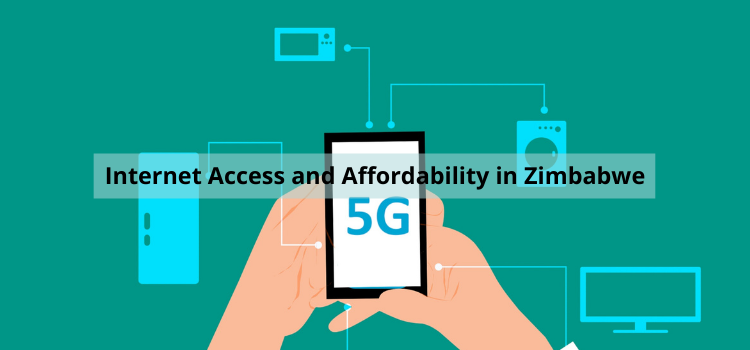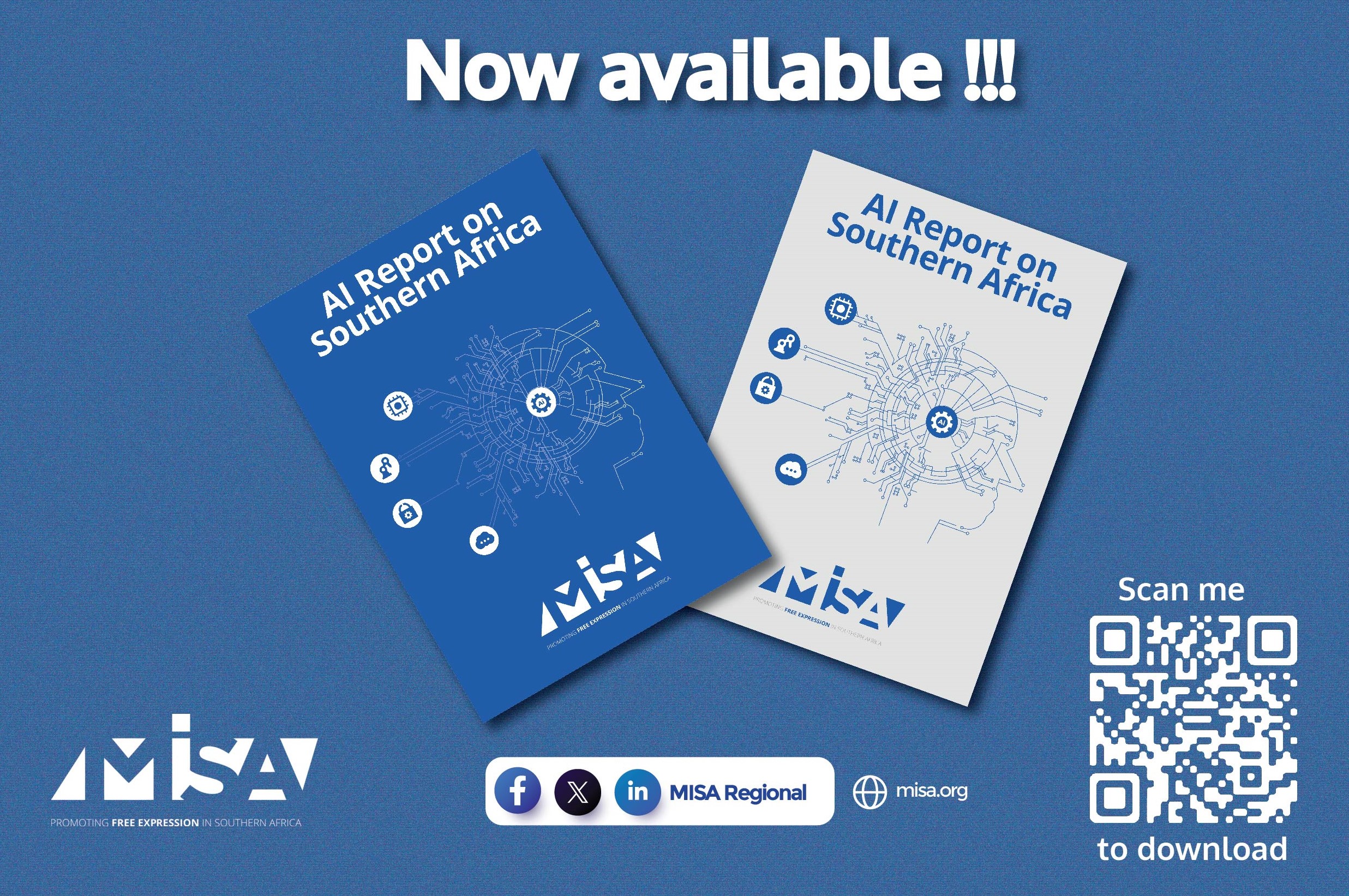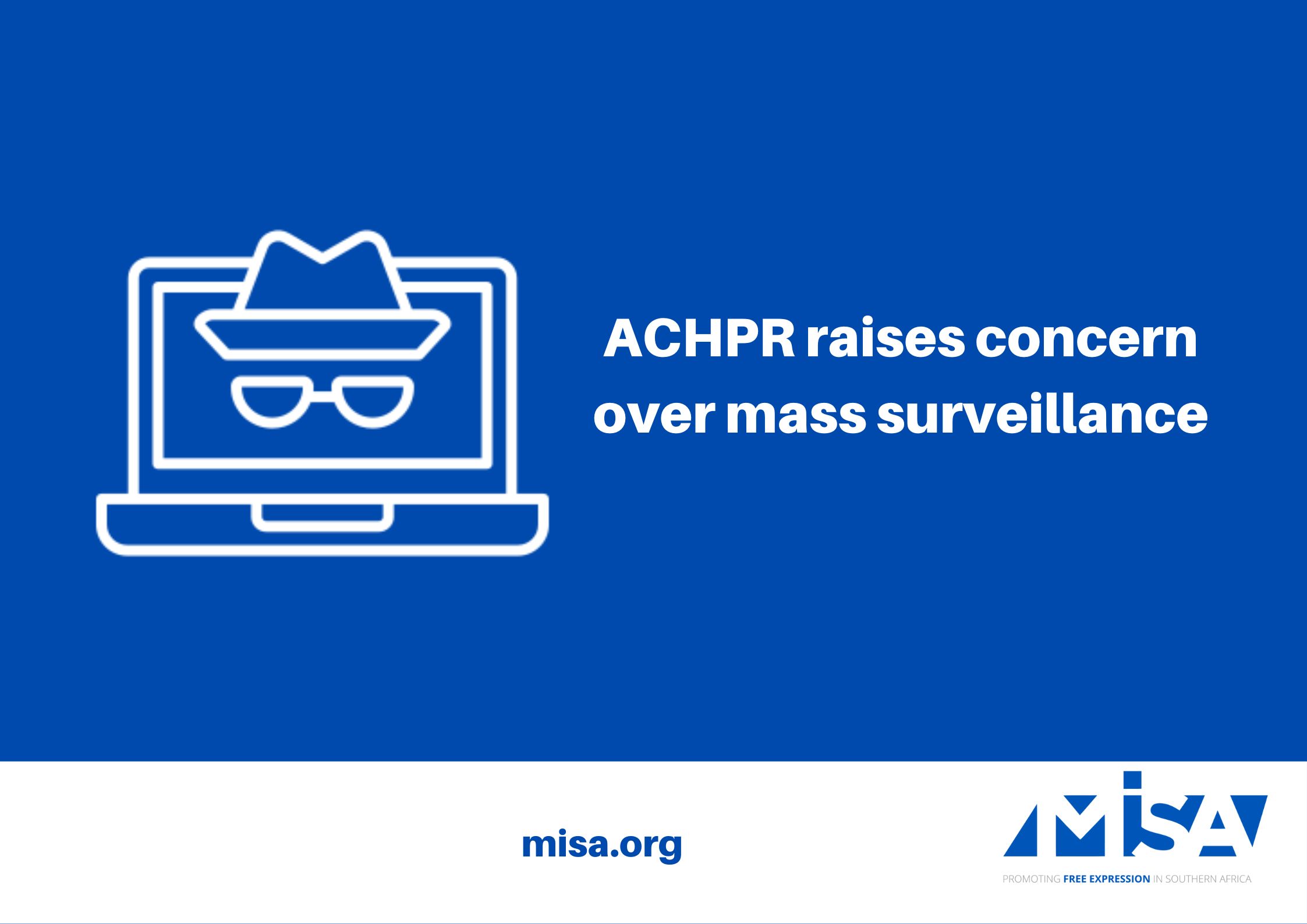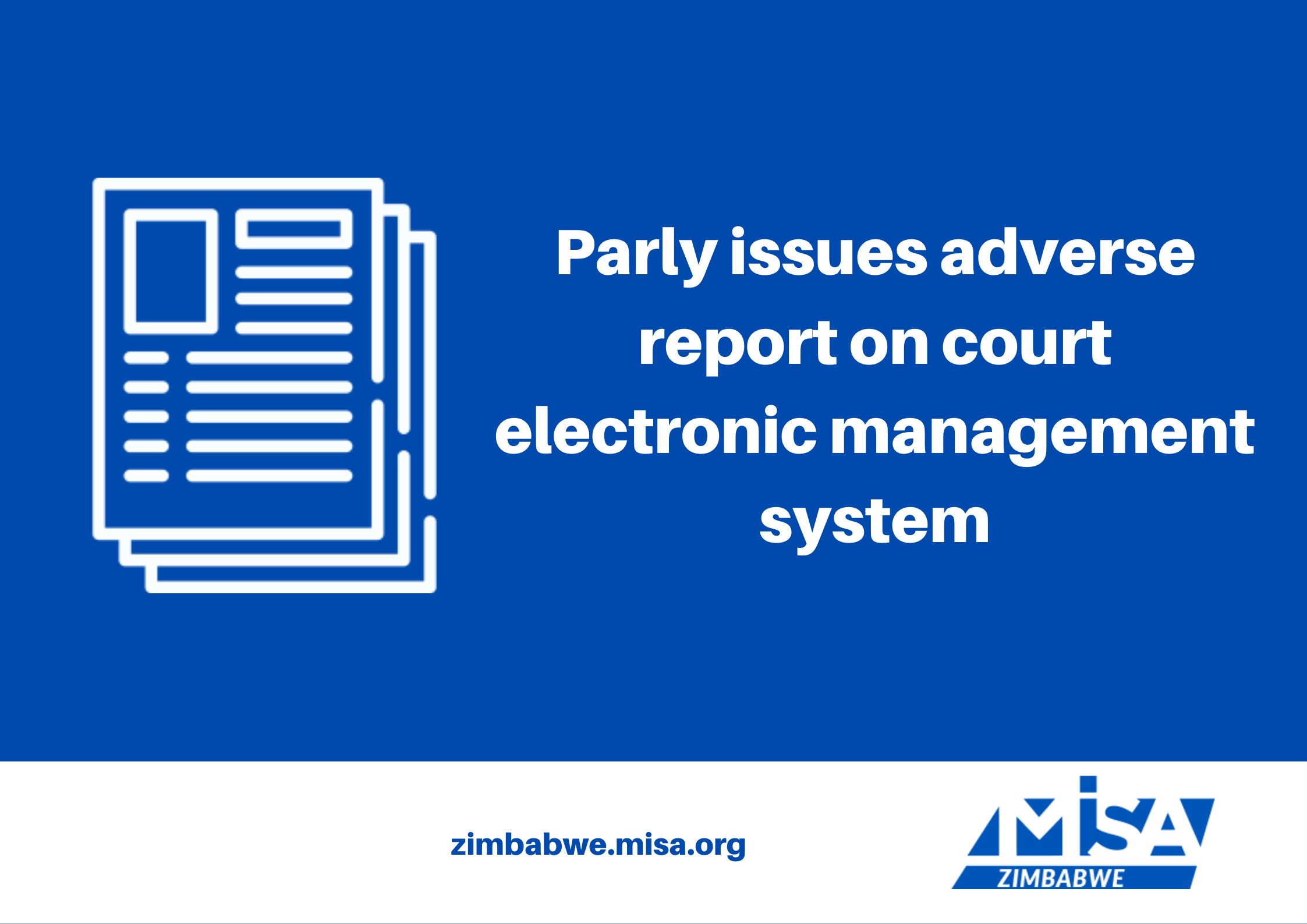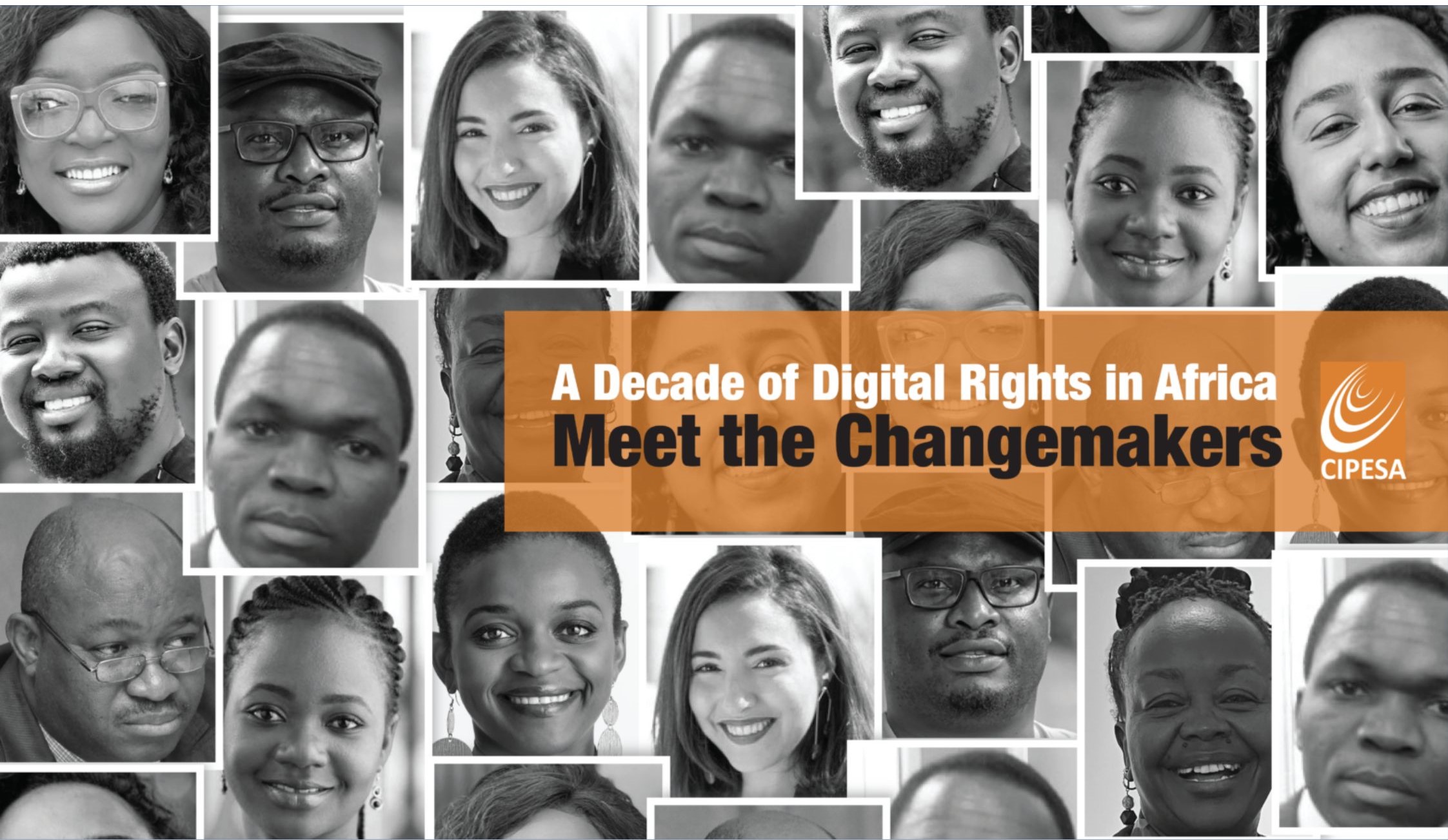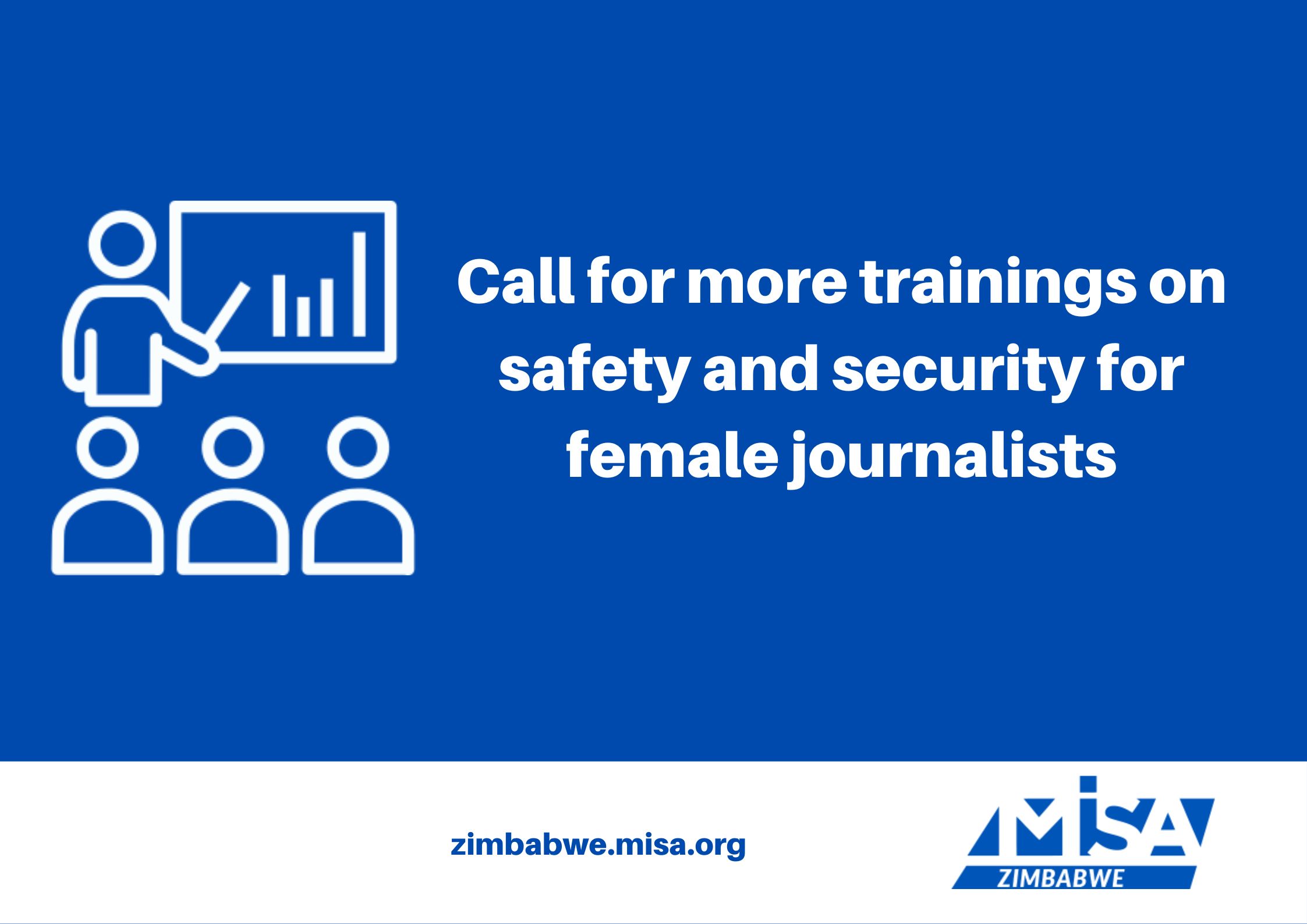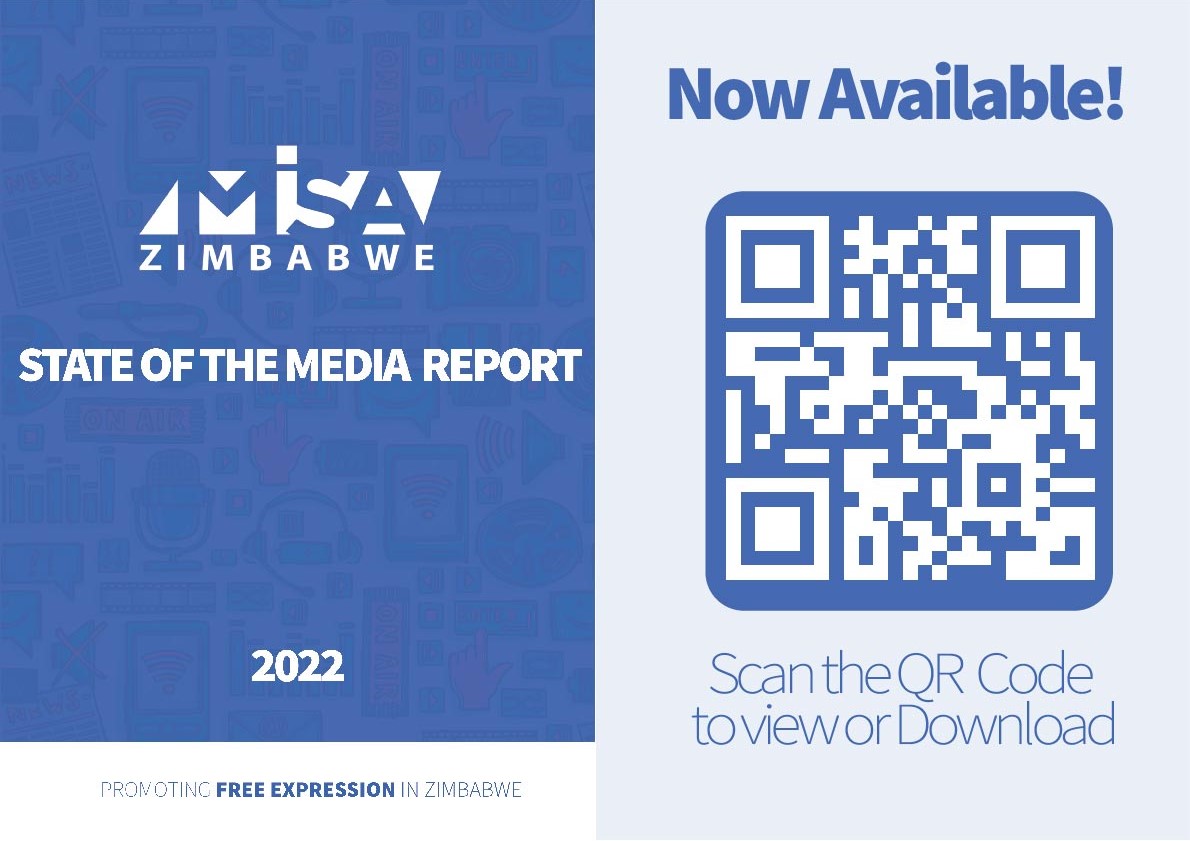Internet access and affordability has been a topical issue in Zimbabwe, moreso in the wake of the COVID-19 pandemic which has increased the need and use of digital tools and platforms, to access information and communicate.
It is against this background that MISA Zimbabwe in partnership with the International Centre for Not for Profit Law, convened a multi-stakeholder engagement meeting on internet access and affordability.
The discussion raised awareness of the experiences of Zimbabwean stakeholders on issues pertaining to internet access and affordability.
The virtual meeting was live-streamed on the MISA Zimbabwe Facebook platform and can be accessed through this link.
Internet access is a challenge in Zimbabwe
The Deputy Chairperson of the Parliamentary Portfolio Committee on Information Communication Technology, Postal and Courier Services, Honourable Ability Gandawa, who gave the keynote address, said there is general consensus that internet access is a challenge in Zimbabwe due to affordability issues and limited infrastructure.
It was noted that this is also due to the lack of competition in the telecommunications industry as the requirements are prohibitive for startup companies, of which such competition would promote competitiveness and better pricing.
Pandemic exposed vulnerabilities in framework
Honourable Gandawa said the COVID-19 pandemic exposed vulnerabilities in the internet governance framework in Zimbabwe such as the digital divide.
He said this limited access to information by rural communities, democratic participation by citizens and access to employment opportunities.
Honourable Gandawa said Parliament had engaged mobile network operators and internet service providers who highlighted that the cost drivers include operational costs that include fuel and costs for maintaining infrastructure such as base stations.
However, steps had been taken to ensure telecommunication players are allocated enough foreign currency to facilitate the provision of quality service.
Access is critical for fact-checking and information verification
Nkosikhona Dibiti, a journalist and content creator, highlighted how internet access and affordability is impacting on their professional duties.
Dibiti said that internet access is critical for content creators for purposes of research and communicating with sources faster and easily.
It is also critical for fact-checking and information verification. It was also highlighted that the internet, particularly through social media platforms, allows content creators to engage directly with the consumers.
However, due to poor mobile network services and high costs of data, the work of content creators has been negatively affected, more so as providers of information to the public.
Marginalised communities doubly affected due to other factors
Sandra Gama, who represents the interests of women and girls in rural and marginalised communities, highlighted several factors: economic, technical and social, that are affecting internet access and use.
It was noted that several stakeholders undermine the importance of internet access for people in rural communities which include:
- E-commerce.
- E-learning.
- Access to information.
Hindrances to internet access and use were noted as including:
- High costs of smart devices.
- High data costs.
- Language barrier as most of the content and information is in the English language.
- Social theories that women with smartphones and on social media platforms, are immoral.
Recommendations
- Parliament should conduct an inquiry with the Ministry of Information Communication Technology, Postal and Courier Services, and the Postal and Telecommunications Regulatory Authority of Zimbabwe (POTRAZ), on what is being done to address the crisis of internet affordability in Zimbabwe.
- Pricing of data tariffs in Zimbabwe should be cognisant of the economic realities of the majority of Zimbabweans.
- Zimbabwean mobile network operators (MNOs), should learn from interventions by MNOs and internet service providers in other jurisdictions such as MTN, Google and Microsoft, that strike a balance between business and (the enjoyment of) human rights.
- Local authorities, both rural and urban, should equip rural libraries with free internet access.




